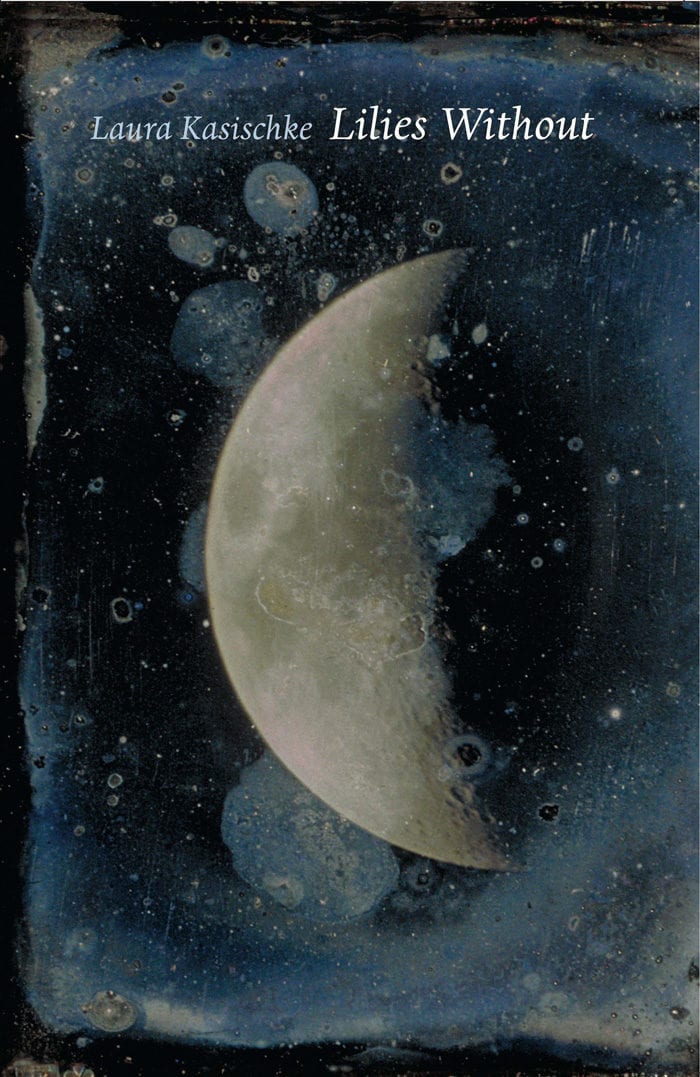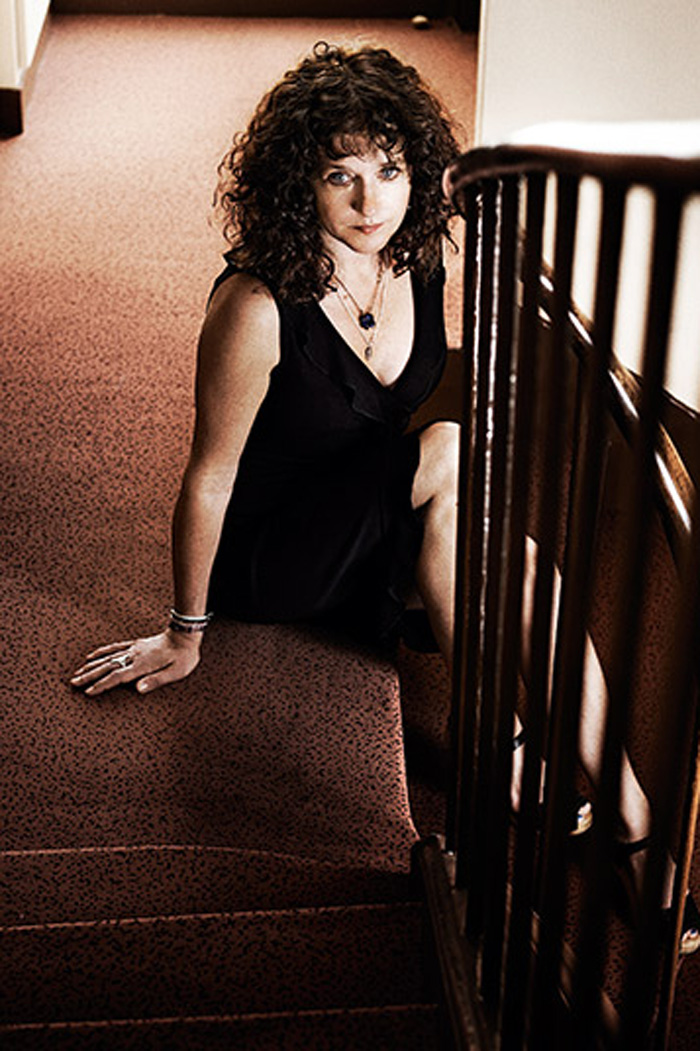
Lilies Without is Laura Kasischke’s seventh volume of poetry. Widely admired for her startling use of metaphor and nervy, surprising syntax, she peels back the skins of our ordinary lives to reveal underlying anxieties and complexities. Funny, irreverent, personal, and at the same time unnerving, these poems take us to familiar places made entirely strange so that we may see them again as they really are, without the disguises we invent so as to remain blind to what disturbs us.
ISBN: 9781931337366
Format: Paperback
Reviews
“… The poems in Laura Kasischke’s Lilies Without achieve their ends by revealing the deeper (and darker) implications of everyday life, messing with our notions of the domestic and the sacred. Kasichke’s poems are powered by a skillful use of image and the subtle, ingenious way she turns a phrase… Lured ahead by Kasischke’s patented casual lyric, we find ourselves surprised by the heat of the implications that follow.” —Austin American-Statesman
“… If Kasischke’s poems get half the attention they deserve, they will be praised… not just for their music, but for their demographically representative qualities: for the way they capture the excitements and the anxieties of a generation just after that generation realizes that it, too, has entered adulthood, that its teens are a memory and its mortgage a burden… She has, like all good poets, created a music of her own, one suited to her concerns… The future will not—should not—see us by one poet alone. But if there is any justice in that future, Kasischke is one of the poets it will choose.” —Boston Review
